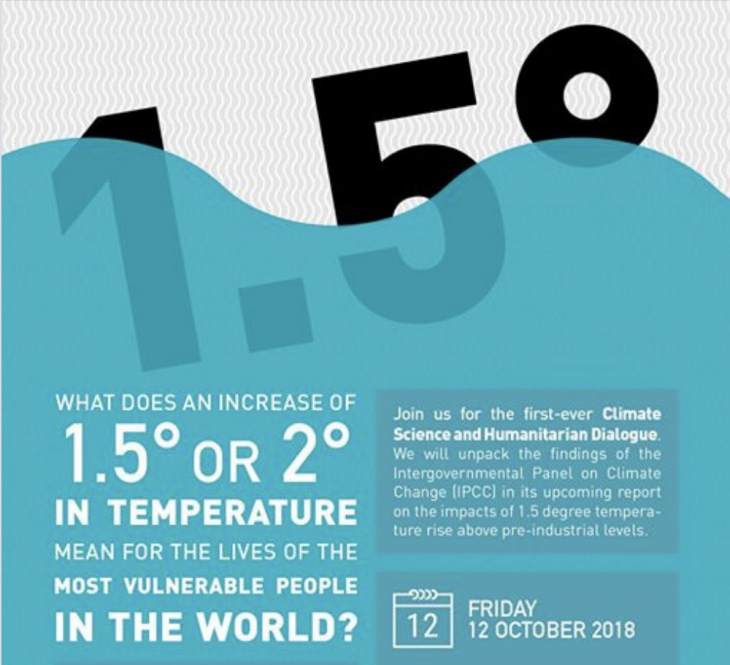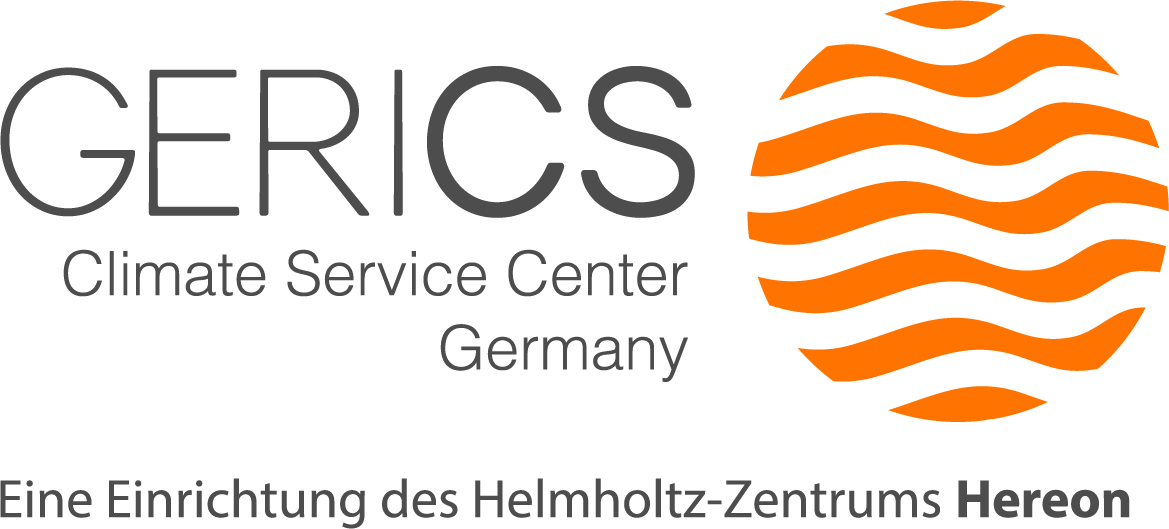Climate Science and Humanitarian Dialogue
Unpacking the findings of the IPCC 1.5° report and the implications for policy and climate action
The first political event after the publication of the IPCC 1.5 Special Report took place on 12th of October 2018 at the UN Palais des Nations in Geneva. The focus was on the link between science, climate impacts, humanitarian aid and people and the urgent need for countries to step up and enhance their Nationally Determined Contributions (NDCs) as a result of this, to avoid humanitarian crisis and to stay below a global warming of 1.5° Celsius.

This dialogue event was jointly organized by Switzerland, the Netherlands, Republic of Fiji, the The International Red Cross (IFRC) and their Climate Centre, the Intergovernmental Panel on Climate Change (IPCC), and the Climate Action Network.
Representatives of nearly 30 states as well as UN agencies, international organizations, NGOs, and scientists were present. One week after the release of the new IPCC Special Report on 1.5°C of global warming, known as SR1.5, scientists – including Daniela Jacob, who was the coordinating lead author of Chapter 3 - were invited to talk about the likely impacts of 1.5°C and 2.0°C rises in the global temperature by the end of the century.
The science-humanitarian dialogue in Geneva was seen as the first-ever opportunity for the humanitarian and diplomatic communities to engage with climate scientists on the consequences for vulnerable people of temperature increases of 1.5°C, 2°C, or even more.
The dialogue event on the key findings of the IPCC Special Report on Global Warming of 1.5°C, aimed to unpack the report’s humanitarian implications for government representatives, intergovernmental and non-governmental organizations, research and academic institutions at Geneva as well as other organizations of the UN common system at Geneva.
Video: Climate science and humanitarian dialogue - Part 1 - Session 2 + 3 (statement of Daniela Jacob from 43:20 – 52:20)
